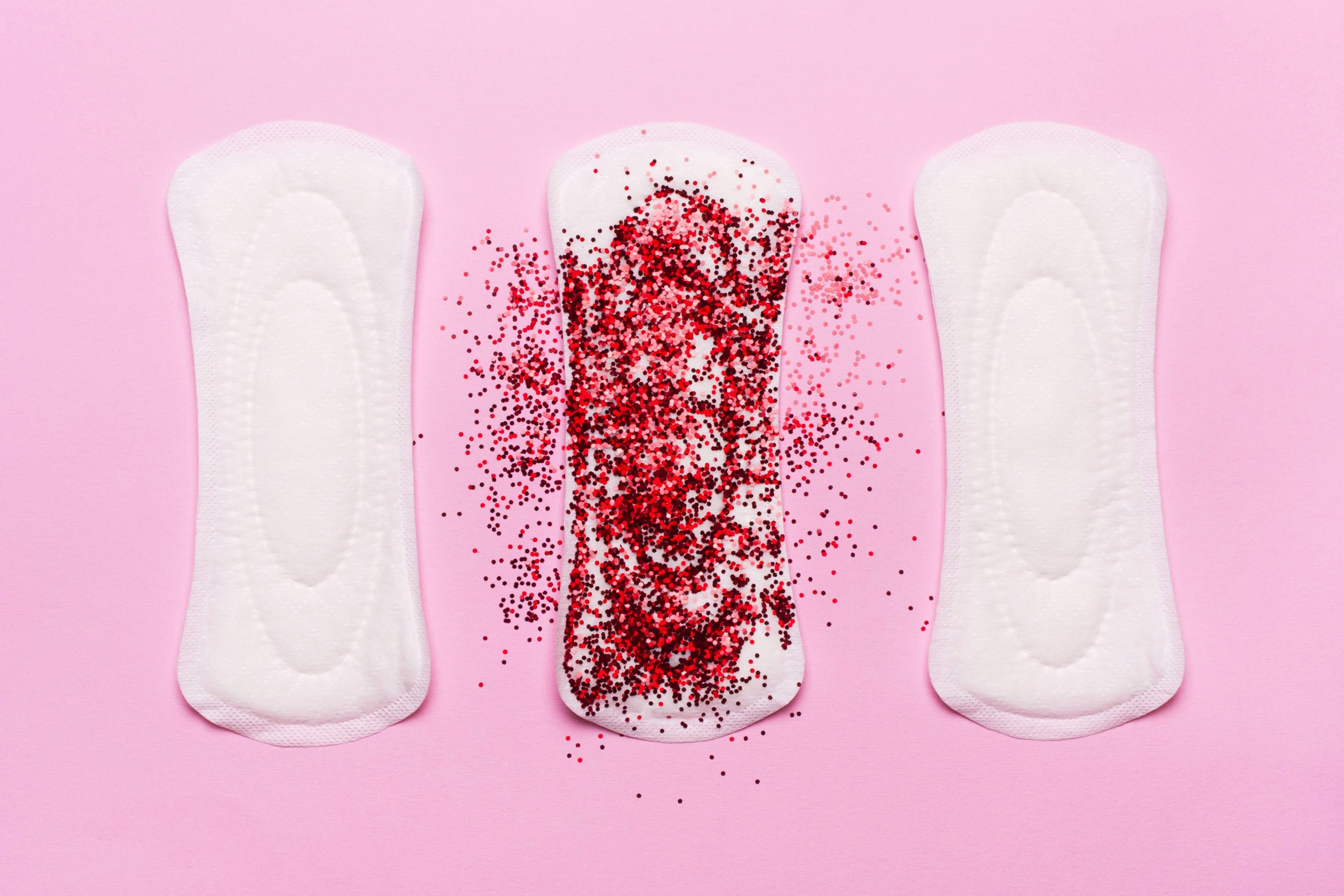Period poverty has become a trending topic recently, but it is fair to say that most people believe that it is a “developing world” issue. This is far from the truth. From the misconception that menstrual health issues are not an issue for people “like us”, to the societal embarrassment that arises when the word “period” is mentioned, alongside lack of comprehensive personal, sex and health education in nations across the globe, periods are rarely talked about.
So, what is period poverty? It’s a term used to describe a situation in which menstruating people are lacking the sanitation supplies, facilities, safe spaces or education to manage their menstruation in a way that suits them best. It is so important to remember that this isn’t just a developing world issue: there will be people in your community, wherever that may be, who are struggling with period poverty. The current lockdown and difficult employment situations increase the likelihood of people needing support to prevent them from having to make challenging choices related to period poverty.
Bloody Good Period finds that the average asylum seeker receives £37.75 per week to live on (and support their families). A heavy period can cost a quarter of that. No one should have to live in this situation.
The supplies needed on periods are often not cheap, and those with less disposable income may be forced to go without. No one should be forced to choose between feeding themselves, paying their bills, and managing their period. This makes poverty an issue for everyone: you can’t really opt-in or out of periods, or at least needing some form of contraception/hormones to manage them in some way. Alongside this, menstrual health-related issues such as PCOS, Endometriosis and Adenomyosis are also given less attention than they deserve, making it harder for people who are struggling with reproductive health issues to speak out and get appropriate treatment within an acceptable time scale.
Period poverty exists in almost every community. What can we do about it?
~Buy cycle supplies from companies that are sustainable and give back for each purchase made e.g. The Pink Parcel Subscription, Ohne and so many other brands, which are often more sustainable and ‘everything-free’ than most well-known brands.
~Donate to period poverty charities such as Bloody Good Period, Freedom 4 Girls, The Homeless Period, The Red Box Project, Plan International, and Hey Girls. It is also possible to donate products to your local women’s shelter, food bank, refuge etc, although many of the organisations above will do that too. These charities and organisations may provide supplies to those who need them, share information on menstrual and sexual health, and work to break the societal stigmas surrounding this totally natural and normal process.
~Share resources with the people you know to ensure that they know where they can ask for help/supplies without shame.
~Educate ourselves further on issues by following social media accounts of charities based around menstrual health, tackling period poverty and other important issues. These include @periodmovement, @periodequalitytogether @thestudentperiodmovement @pinkprotest and plenty more.
Things that are really important to remember:
~It isn’t just people who identify as cis female who experience menstruation, and those who identify as female and do not menstruate are no less female because of that.
~Everyone experiences periods differently, from those with reproductive related issues such as endometriosis and PCOS to those who have no reproductive issues at all.
~”Are you on your period?” jokes will never be funny, and are sexist as they often mean that menstruating people and their thoughts/feelings are dismissed rather than taken as seriously as they deserve to be.
~It is okay to talk about periods. Share relevant information with people you know. Period-related shame is outdated, and can be attributed towards historical sexist ideas such as ‘hysteria’ and outdated PMS related humour and criticism.
~If you are struggling with period symptoms, please see a doctor. They should not be stopping you from living your everyday life, and there may be something that can be done to help you manage.
Despite being a totally normal bodily process for a huge number of people worldwide, there is a shameful silence surrounding periods. This has to change.
Amy Randles
Image: Getty.

